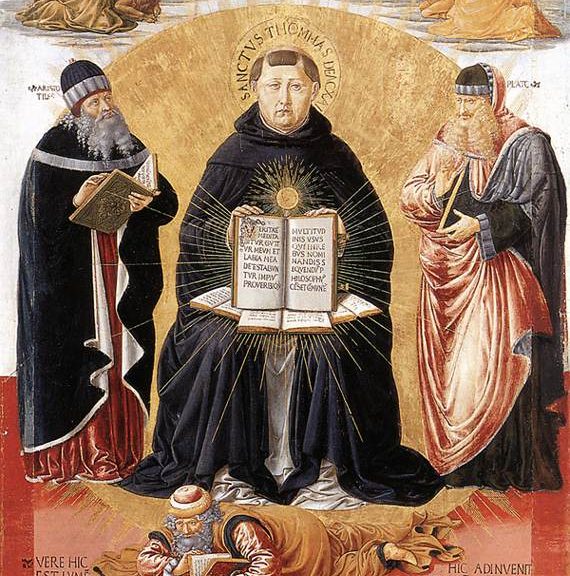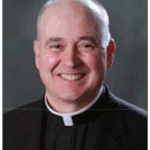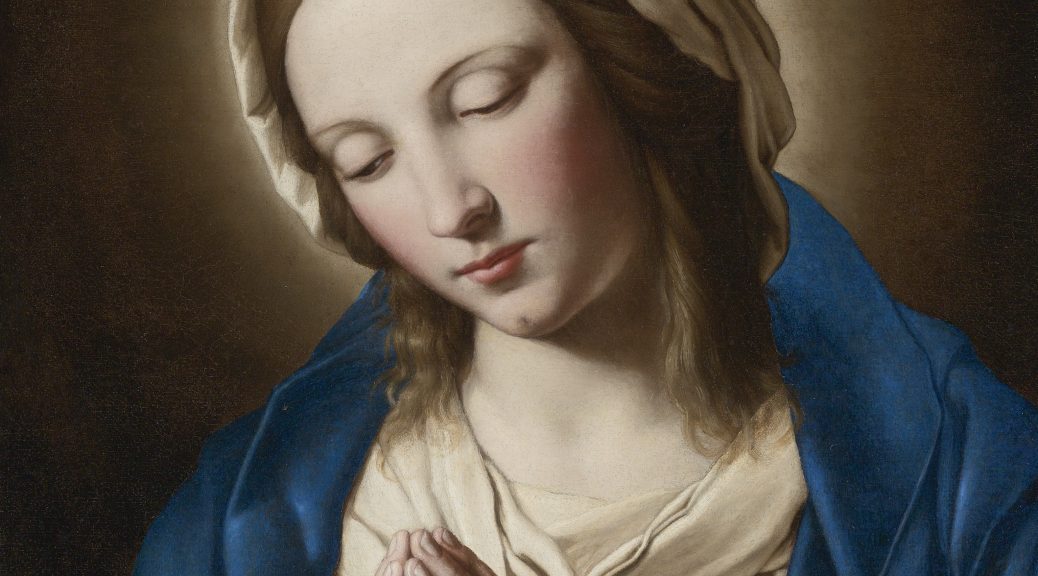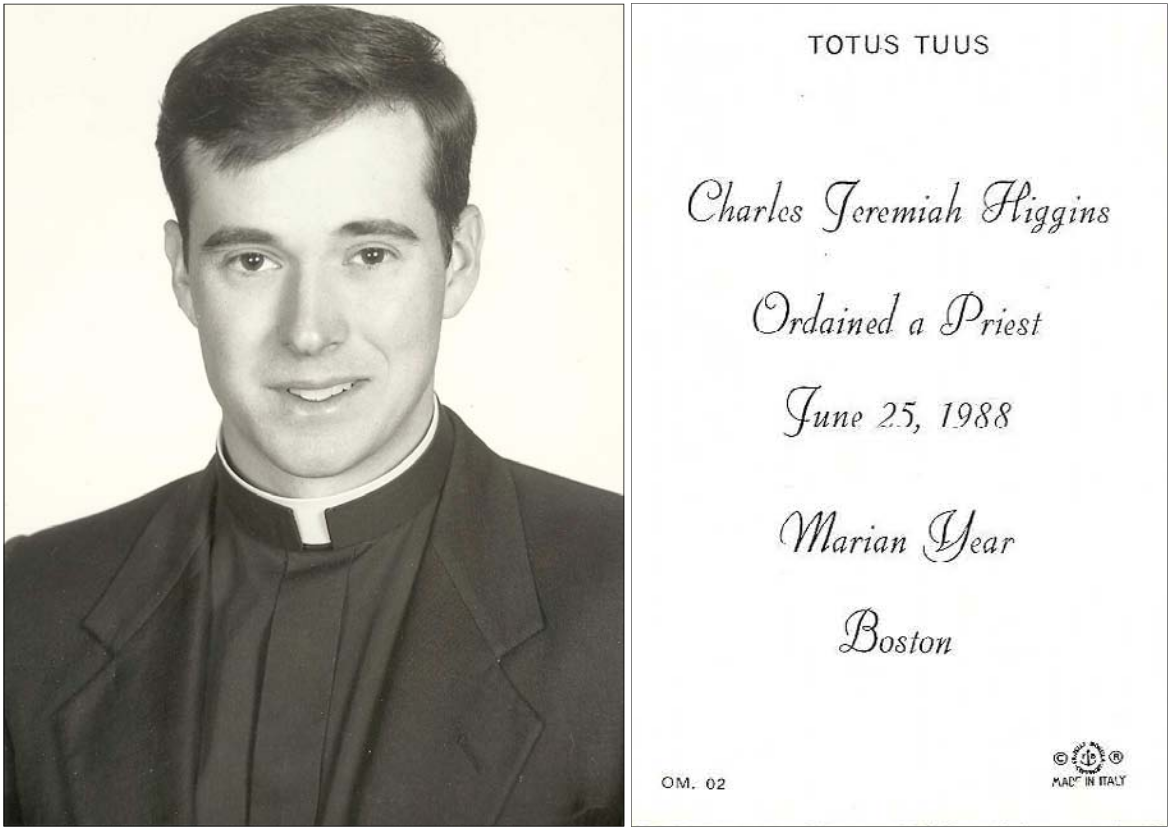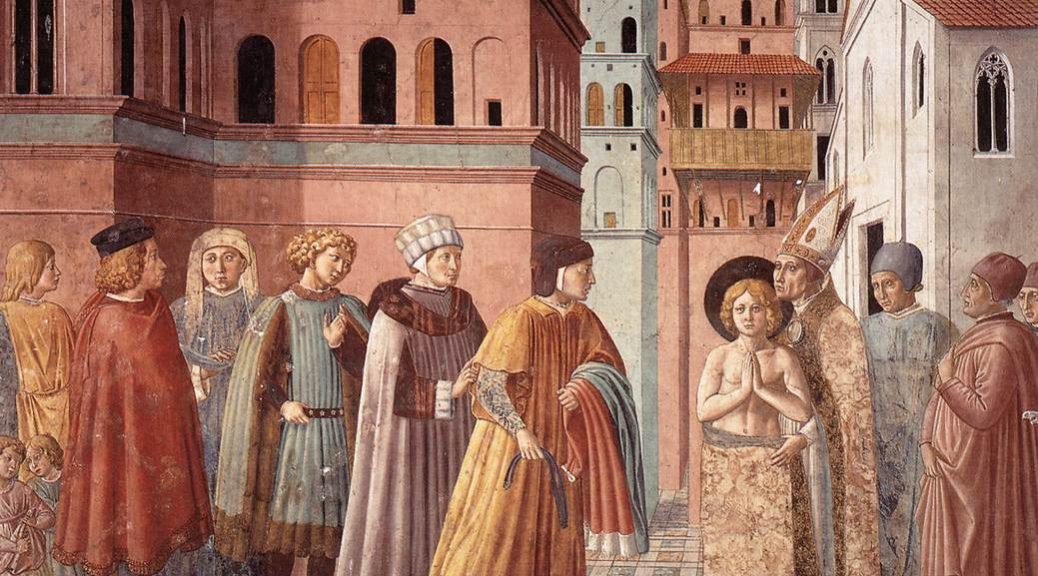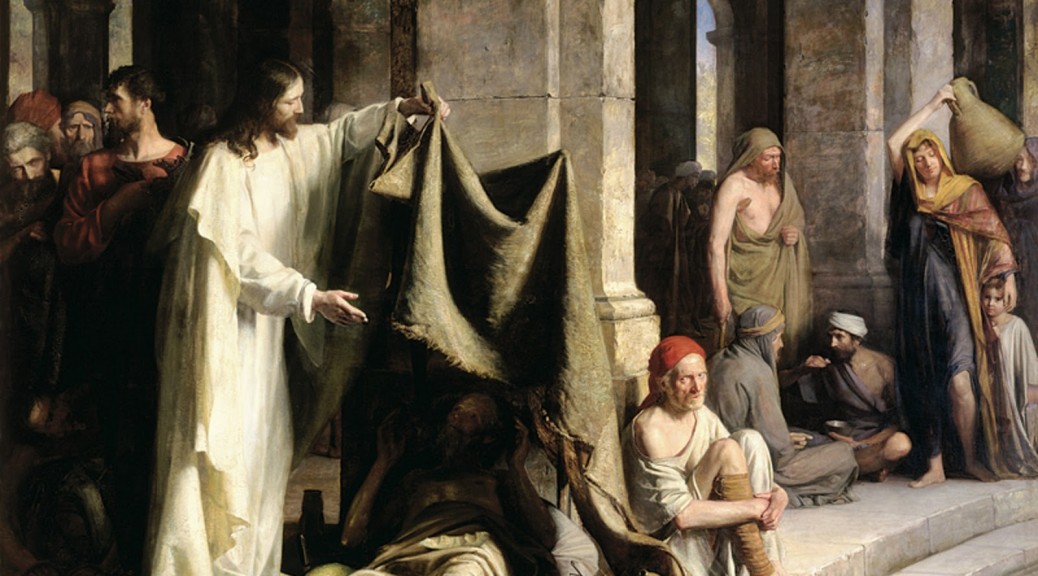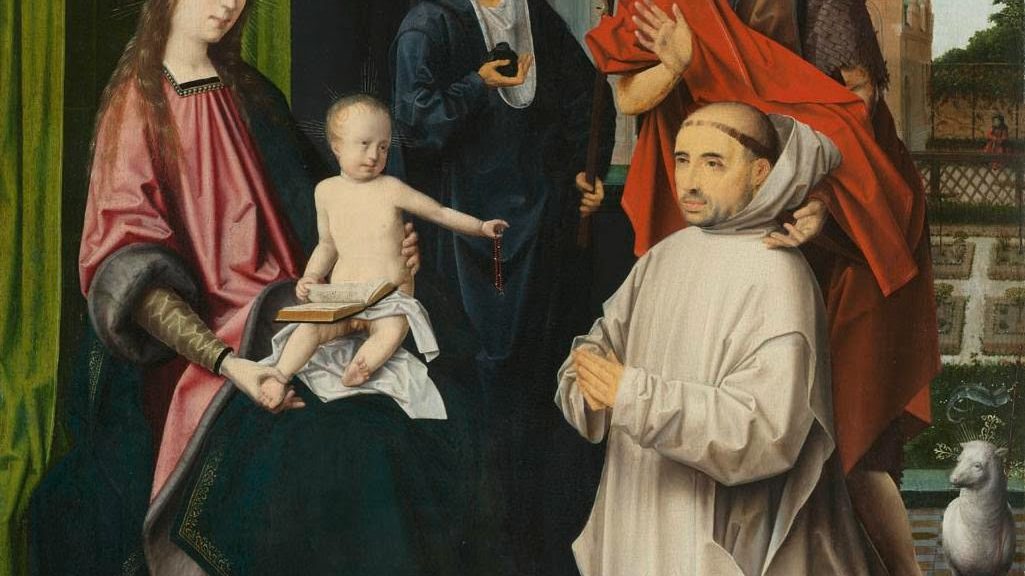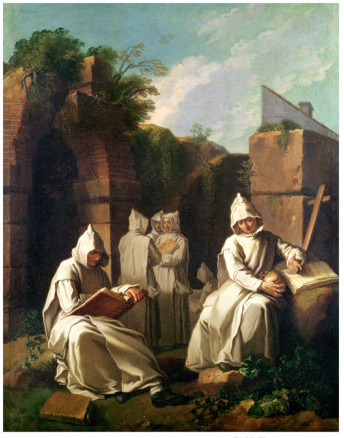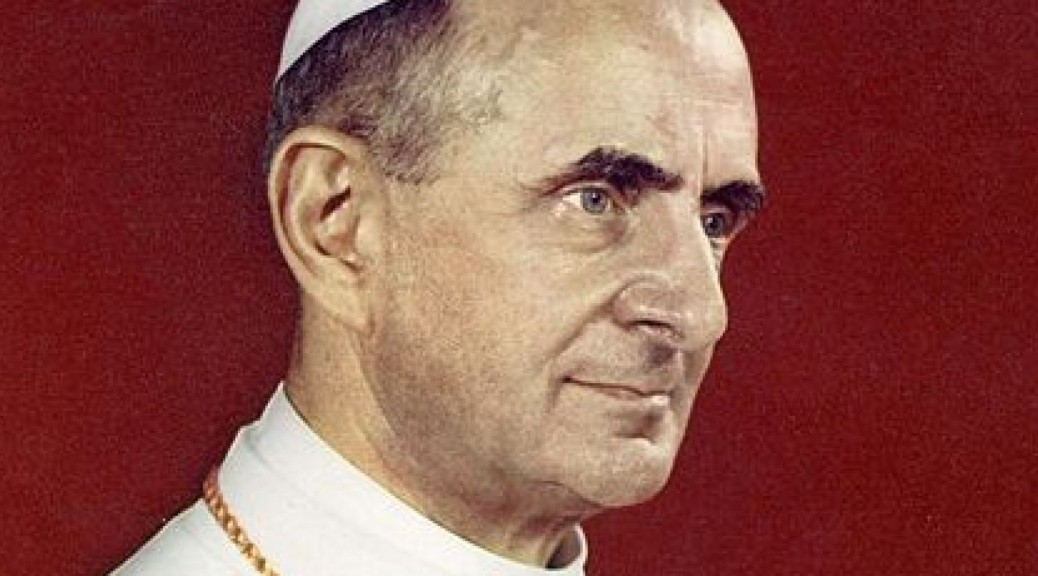In the midst of one of the public attacks Our Lord endured in the months leading up to His crucifixion, He turned to reassure those who had come to believe in Him, even as His enemies were harassing Him and heaping verbal abuse: “Jesus then said to the Jews who had believed in Him, ‘If you continue in My word, you are truly My disciples, and you will know the truth, and the truth will make you free.'” (John 8:31-32)
Jesus is talking specifically here about “saving Truth” and not just truthful things in general, but living truthfulness in all things is very much a part of our Christian calling. I spoke about this in last Sunday’s homily, and I want to reinforce the point through this Sunday’s Pastor’s Note. Every Catholic should be clear that all lying is a sin, and not just the “big” lies that are meant to hurt people.
Here is a concise summary from Fr. Dominic Prümmer’s Handbook of Moral Theology (1957) on the matter:
A lie is intrinsically evil, so that no reason whatsoever can justify its use. Sacred Scripture forbids all forms of lying without distinction: "Keep clear of untruth." (Exodus 23:7); "Do not tell lies at one another’s expense" (Colossians 3:9). The intrinsic reason for the evil character of lying is that it is opposed to : a) the natural purpose of speech which is given to man to reveal what is in his mind; b) natural human [inter-action] which is disturbed by lying; c) the good of the listener who is deceived by the lie; and d) the welfare of the speaker himself who, although he may obtain some temporary advantage from the lie, will suffer greater evils in consequence (par. 292).
Another useful definition on truthfulness is this one from the McHugh/Callan Moral Theology manual (1958):
Truthfulness is a moral virtue, preserving moderation in conversation and other interchanges of thought. This virtue sees that facts are neither exaggerated nor understated, that truth is not manifested when it should be concealed, nor concealed when it should be spoken. (par. 2386)
Then we have St. Augustine’s declaration, that we are bound to tell the naked truth whatever the consequences may be.
Of course, the truth must be spoked in charity as well as justince, so that the virtue of truthfulness must be exercised with tact, consideration, kindness and respect for the rights of others. The more discreet we are in our speech the less likely we will be to trip ourselves up either in a falsehood or a "you-wanna-know-what-I-really-think-of-you?"…
Pastor’s Note from the Mary Immaculate of Lourdes Bulletin for March 23, 2014
